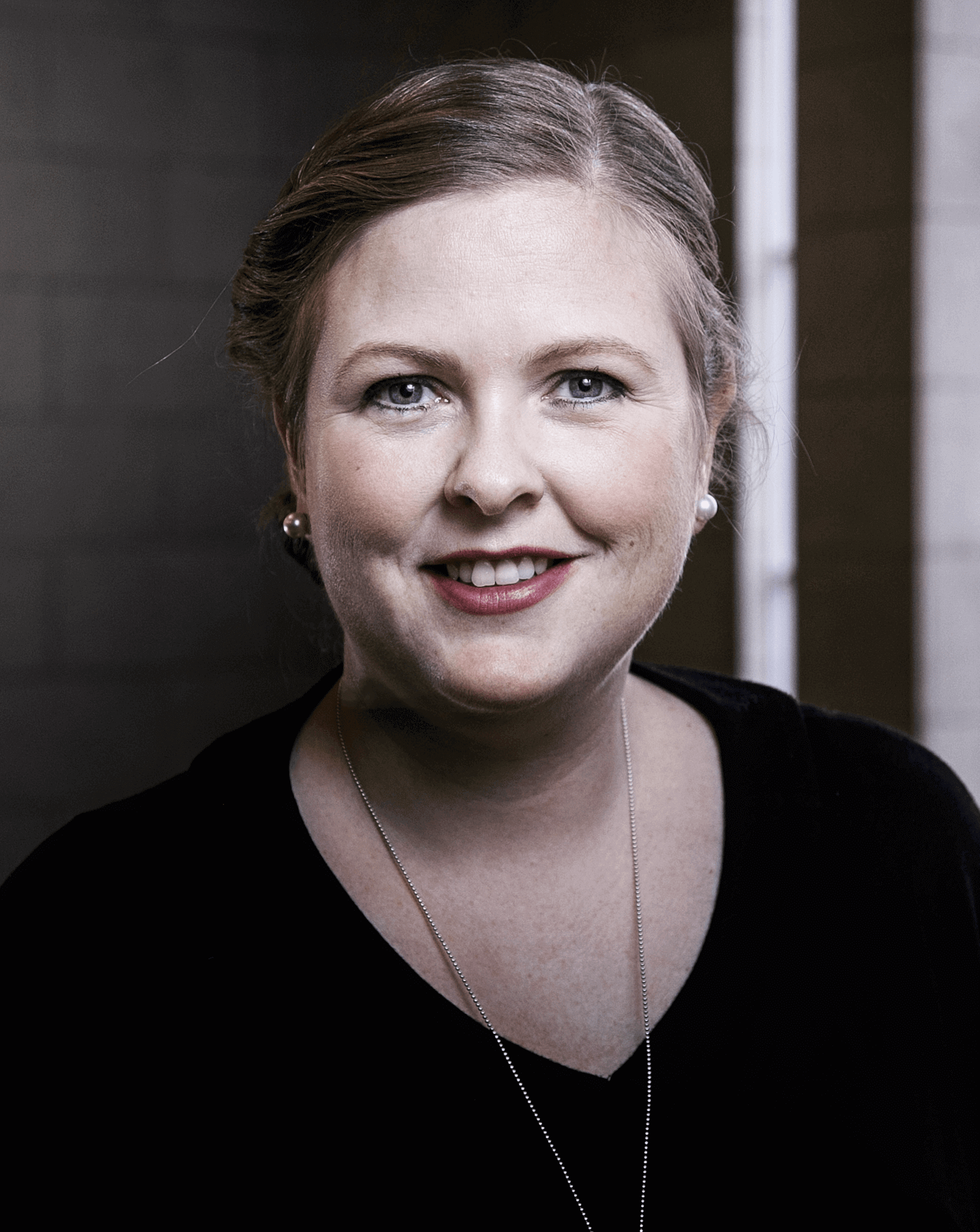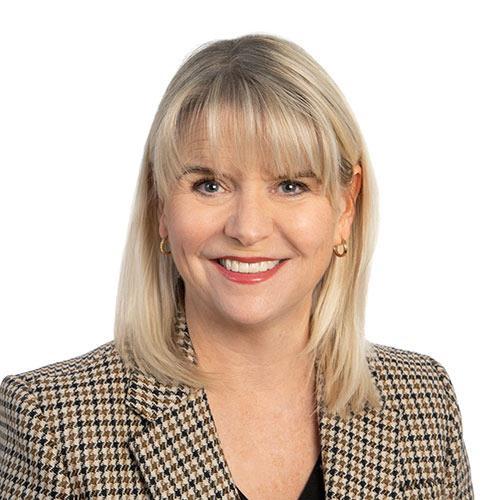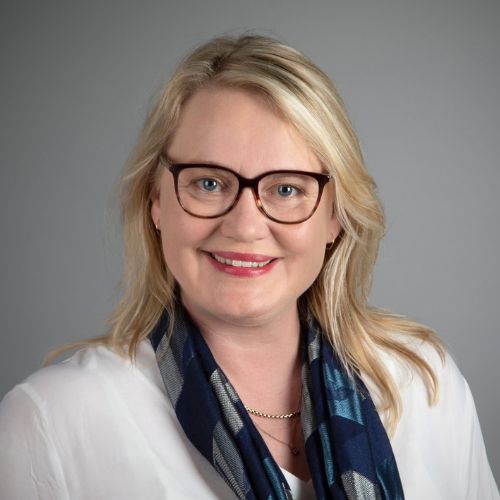UNESCO English
The Icelandic National Commission for UNESCO
Iceland joined UNESCO in June 1964 and the Icelandic National Commission for UNESCO was established in May 1966.
The Icelandic National Commission for UNESCO is seated within the Ministry of Culture and Business Affairs. The seven members of the Commission are appointed by the Minister for Culture and Business Affairs for a period of four years. The Icelandic National Commission for UNESCO provides advice to the Icelandic Government on UNESCO-related matters and raises awareness in Iceland about UNESCO and its work.
There are many actors working with UNESCO-related matters in Iceland: NGOs, individuals who perform expert tasks within UNESCO, scientific bodies or academics, or are involved with, for example, the World Heritage sites, Creative Cities or UNESCO- UNITWIN network and Category 2 Centres.
Programs
Education
UNESCO’s work in education ranges from pre-school to university and adult education. Education is an effective way to combat poverty and contribute to long-term peace and security, democracy and justice. UNESCO’s work in education aims to ensure quality lifelong learning for all, assist countries with expertise in education, strengthen countries’ capacities in educational issues and to spread information on educational development and good practices through networking and dialogue.
UNESCO’s work in education also includes the teaching of human rights, environmental education, promotion of science and technology, sexual rights and sexual health, information technology in education, renewal of secondary schools and improved training. Iceland shares UNESCO’s vision of education for all and also the need for education for sustainable development.
Science
UNESCO’s scientific work is conducted through international cooperation between countries and researchers, as well as through advice to decision makers on scientific matters. UNESCO also develops guidelines and ethical principles, and disseminates research findings to the least developed countries. However, UNESCO is not a research funding organization: the work is done primarily through networking and partnerships between researchers. Importance is put on that UNESCO’s work in science will foster knowledge-sharing and knowledge-building in the least developed countries, and that UNESCO facilitates interdisciplinary research through closer cooperation between the natural and social sciences.
Iceland shares UNESCO’s vision that scientific cooperation contributes to the creation of inclusive knowledge societies for sustainable development.
Culture
UNESCO’s cultural program is dominated by the implementation of several inter-governmental conventions where heritage, culture and sustainable development are important themes.
UNESCO also runs programs to strengthen museums, language and creativity as well as developing methods to protect cultural heritage in disasters and armed conflicts. UNESCO publishes books, reports and journals in the field of culture, such as the World Heritage Review.
Communication
Free speech and the right to information are key elements in the construction of modern knowledge societies. Therefore they are the overall objectives for UNESCO’s work in communication and information.
Iceland shares UNESCO’s vision of building knowledge societies based on freedom of expression and access to knowledge and information for all. This includes also the safety of journalists.
Iceland a member of UNESCO Executive Board 2021-2025
Iceland prioritizes the implementation of the 2030 Agenda for Sustainable Development through concerted efforts, strong partnerships and inclusive dialogue. Our priorities for action include education, equality, heritage, the environment, youth, and inclusion — leaving no one behind.
UNESCO National Commission
Icelandic National Commission for UNESCO (2023-2025)

Sæunn Stefánsdóttir
Chair and Science

Áslaug Dóra Eyjólfsdóttir
Secretary – General

Harpa Þórsdóttir
Culture

Árdís Ármannsdóttir
Communication and Information

Guðni Olgeirsson
Education

Isabel Alejandra Diaz
Youth

Elín Flygenring
Ministry for Foreign Affairs
